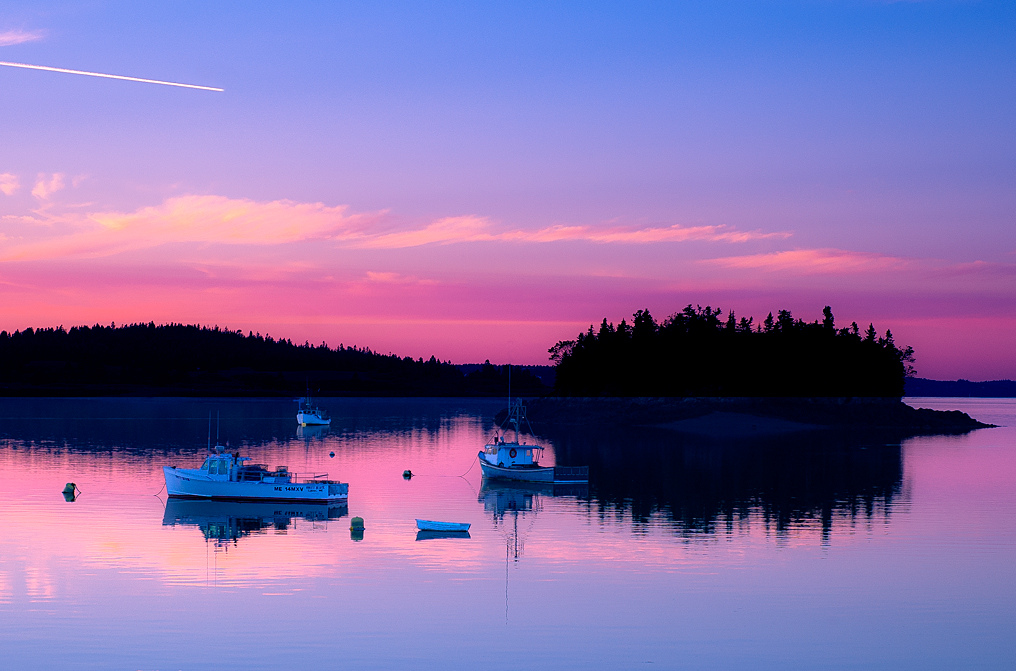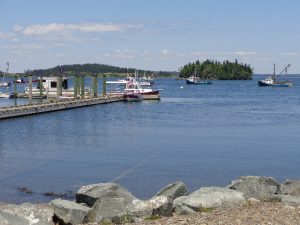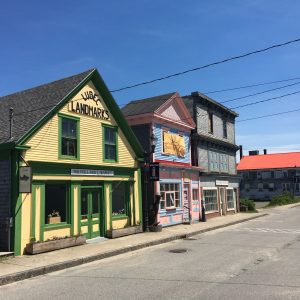
April 17, 2020 Lubec
Us Mainers experienced a couple of pretty bad storms over the past week, resulting in quite a few power outages. Certainly not ideal given the current situation, but nearly everyone is now back on track, and life is starting to somewhat return to normal. Thank you to all of our lineworkers for working day and night tirelessly to get our power back!
This week, we would like to take a look at the beautiful town of Lubec!

Lubec is located on the far eastern side of the state, just across the bay from Eastport. Settled in the late 18th century, a petition was sent to the government of the Commonwealth of Massachusetts in 1811. Following that, the area was invaded by the British, and Eastport was under their rule for several years.
Prior to the war, embargoes were placed on trade with Britain and France. In a complex interplay of international relations, the embargo bill allowed for trade with any nation that did not have embargoes on U.S. products. France then eased restrictions on U.S. products but not on British products. Britain then stated that they would still prevent U.S. trade so long as France prevented work with Britain, which they were at war with at the time. Naturally, this did not happen until later on. Trade with Britain remained stagnant.
This had a tremendous economic impact on Lubec’s development, and the smuggling of products such as gypsum, an important ingredient in a vast array of products, became common. This was fueled by the close proximity of British land just across Cobscook Bay. Commerce began to expand in Lubec once Eastport was returned to the United States, and several mills popped up throughout the area. By the end of the 19th century, shipbuilding was a major industry.
Until the late 20th century, herring packing was an important local industry. Unfortunately, as outsourcing and lower demand became more common, the last sardine cannery in Lubec closed in 2001.

Lubec has a deep connection to the neighboring Campobello Island in New Brunswick, Canada. With bridge access, the island has become a wonderful retreat for many. Included among those is President Franklin D. Roosevelt, who frequented his summer home there from 1909 until the 1920s. His presidency usually kept him too busy to stay at the cottage at that time, however.
Today, Lubec is a cozy seaside town with plenty of places to eat, stay, and shop. With stunning views of the sheer cliffs of Grand Manan Island, reminiscent of Prince Edward Island, Lubec is the perfect place to meditate and reflect on not only humanity’s dependence on land but our deep connection and relationship to the sea. Check out the Lubec section of our website for a list of great things to do while you visit! Lubec makes a perfect day trip!

